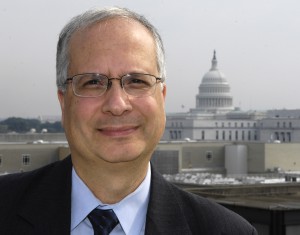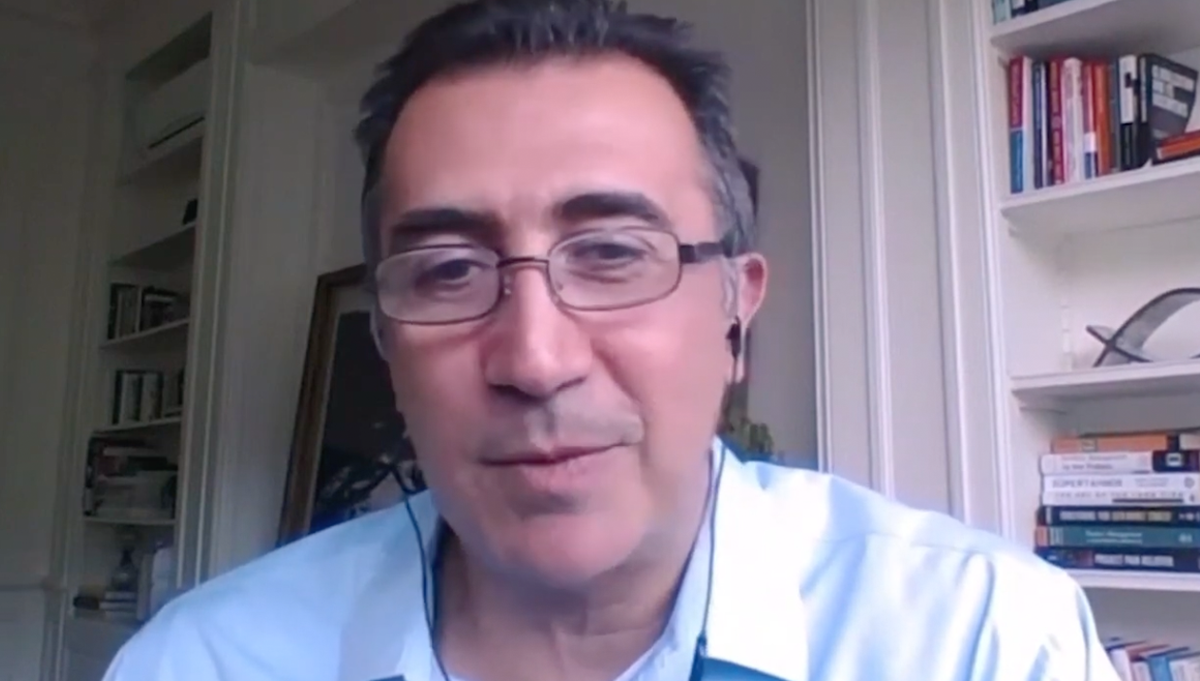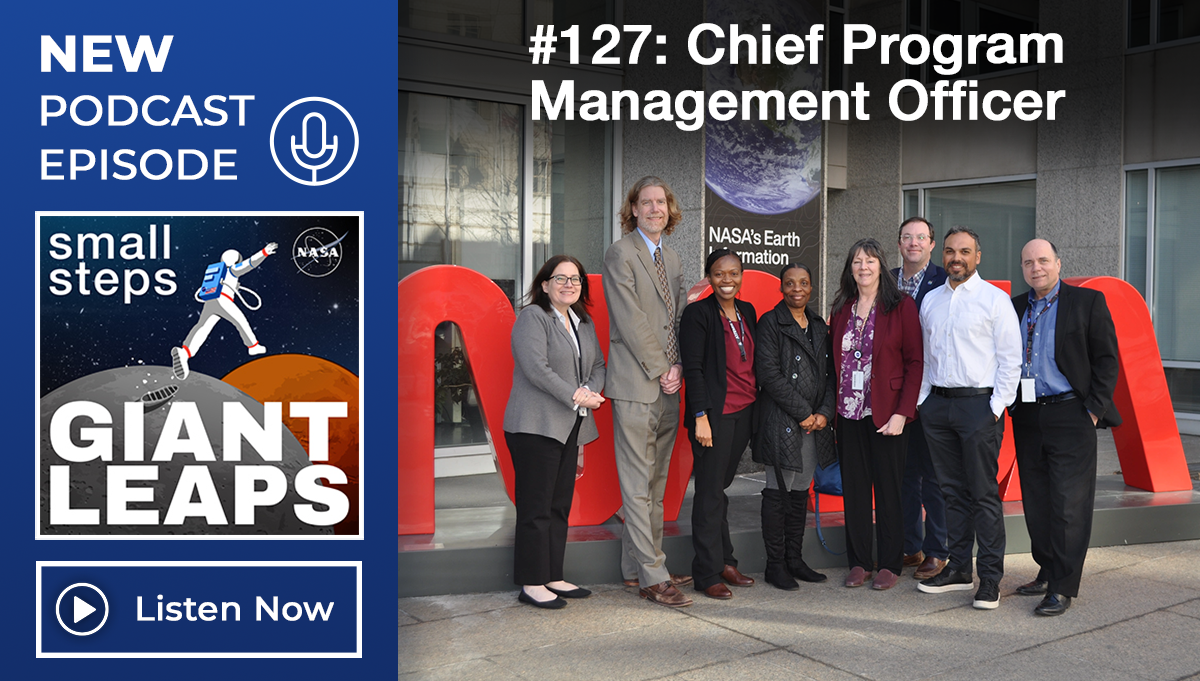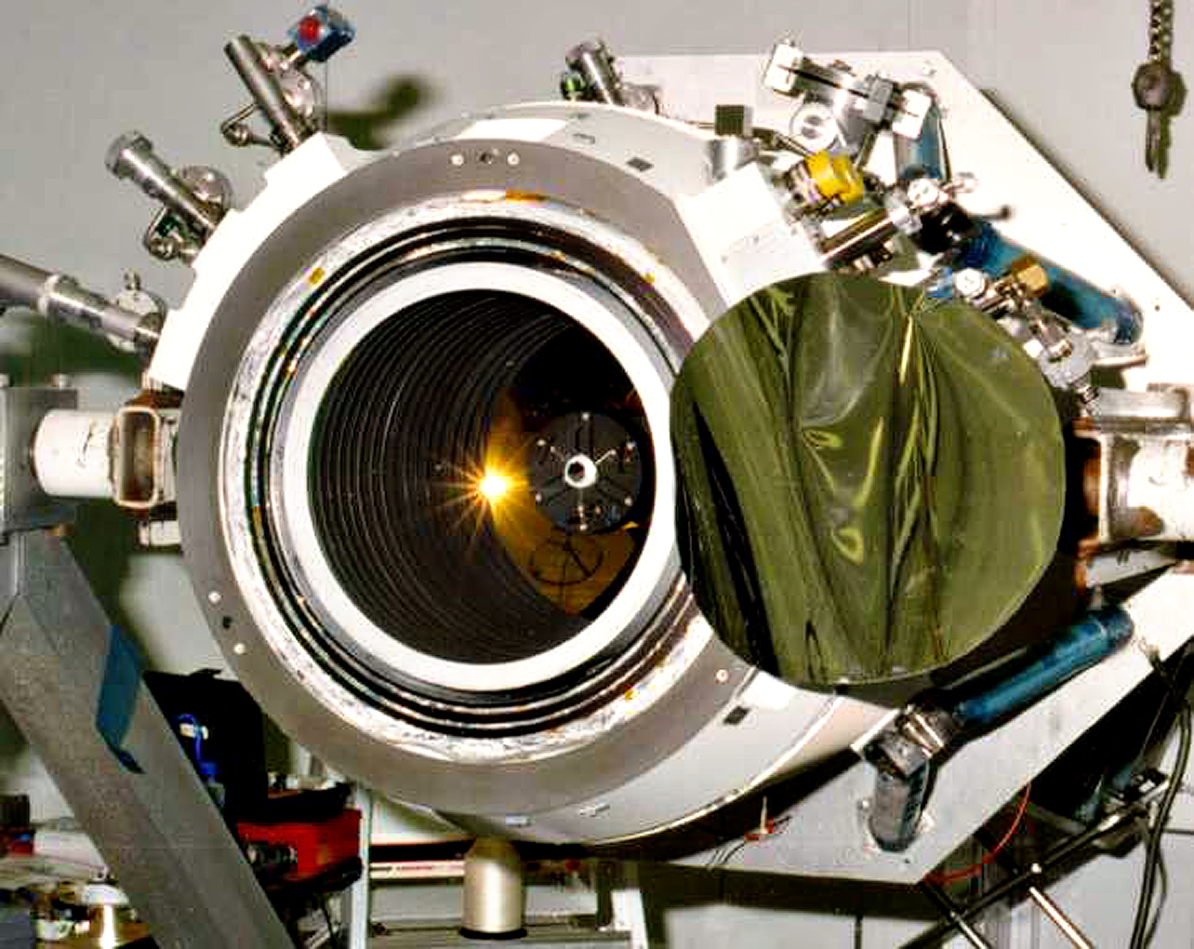By Ed Hoffman
The first International Astronautical Congress (IAC) held on the African continent was a potent reminder that nations seek the benefits of spaceflight for many different reasons.
 At an event commemorating the fortieth anniversary of Apollo 8, former mission commander Frank Borman said, “The reason we went to the moon on Apollo 8 was to beat the Russians.”
At an event commemorating the fortieth anniversary of Apollo 8, former mission commander Frank Borman said, “The reason we went to the moon on Apollo 8 was to beat the Russians.”
I was reminded of Borman’s words while speaking with Dr. Peter Martinez of South Africa and Dr. Adigun (Ade) Abiodun of Nigeria during a special Masters with Masters event at the IAC. Both had to blaze their own career paths in aerospace because there were no well-trod paths to follow in their respective countries; neither country had the capability to put a rocket into orbit. The odds were against them, but each persevered.
They were initially drawn to space by different motivations. Peter said he considered himself “one of the products of Apollo”—he was inspired by our lunar program and astronauts like Borman. Ade was an engineer with expertise in hydrology whose interest stemmed from the potential of space applications to provide critically useful information—he was interested in learning what role satellites could play in understanding water resources in Nigeria. Both went on to work extensively with the United Nations Committee on the Peaceful Uses of Outer Space, with Ade even serving as its chairman for a time.
The aspirations they have for their countries in space are rooted in their appreciation of its practical benefits. In the United States, on the other hand, we periodically engage in public debate about the merits of space exploration as a national priority. Since we’re no longer trying to beat the Russians (to use Borman’s phrase), some ask if space exploration is still worth the cost when there are many competing priorities for public expenditures. But Peter and Ade did not talk about space exploration as an abstract concept or an expensive frill. Each wants his people to reap the benefits—including essential knowledge about the earth and advanced technological expertise—that more mature space-faring nations take for granted.
A common theme at IAC among individuals I met from emerging space-faring nations was the need to build local capability in space. Many said they do not want to continue relying on existing space powers; they want their own engineers and their own facilities. They understand that the skills developed and aspirations stimulated by a healthy space program help build an educated workforce that has the capability to improve society in a broad range of ways.
In a time of transition and uncertainty at NASA, it’s easy to lose sight of the big picture. Peter and Ade reminded me that space’s power to inspire goes hand in hand with its power to improve the lives of millions in ways that many of us take for granted at this point. We can learn from them.
More Articles by Ed Hoffman
- From The Academy DirectorAction at the Boundaries (ASK 44)
- On the Importance of Values (ASK 43)
- From the Academy Director2011 Trends in Project Management (ASK 42)
- The Innovation Paradox (ASK 41)
- From the Academy DirectorChange Management and Adaptive Challenges (ASK 40)
- From the Academy DirectorLessons from Torino (ASK 39)
- From the Academy DirectorProject Management Trends and Future Reality (ASK 38)
- View More Articles







